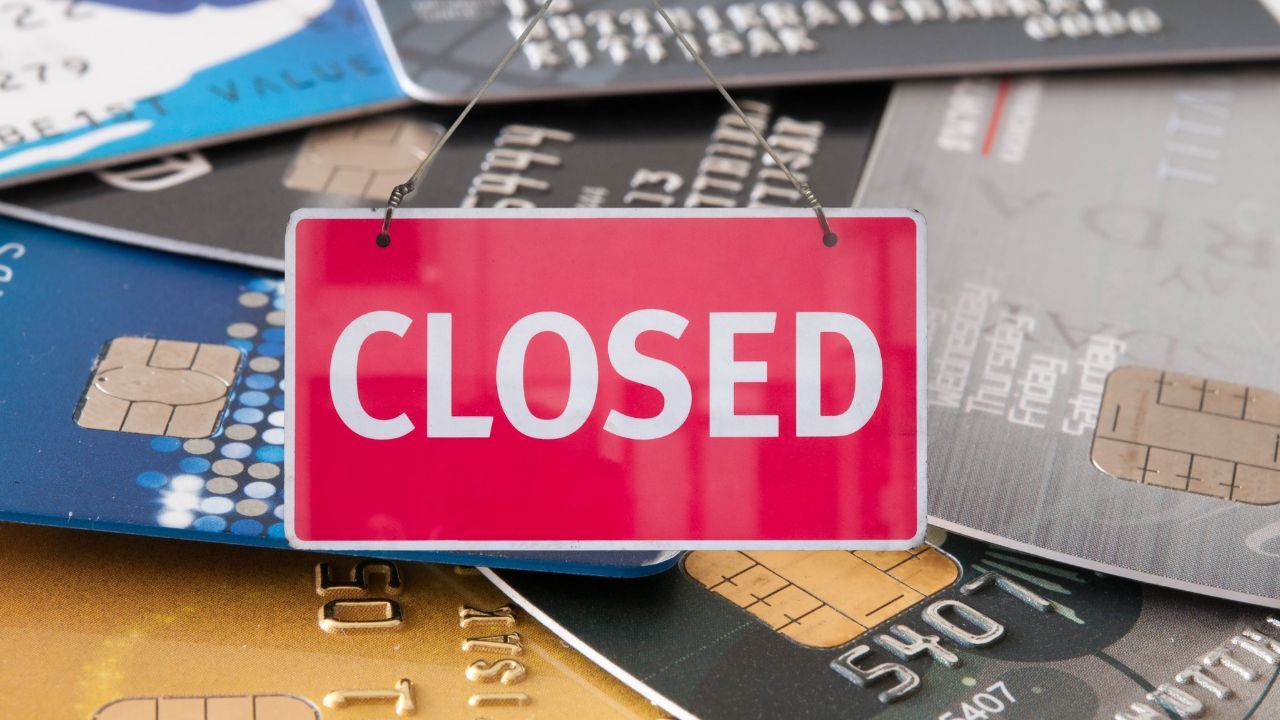Mortgage Tips for Recent Graduates Entering the Workforce
 Starting your career is an exciting milestone, and for many recent graduates, the idea of becoming a homeowner feels closer than ever. While student loans, new job transitions, and building credit can make the mortgage process feel overwhelming, you have more options and advantages than you may realize. With the right preparation, you can move toward homeownership confidently and avoid common first-time buyer mistakes.
Starting your career is an exciting milestone, and for many recent graduates, the idea of becoming a homeowner feels closer than ever. While student loans, new job transitions, and building credit can make the mortgage process feel overwhelming, you have more options and advantages than you may realize. With the right preparation, you can move toward homeownership confidently and avoid common first-time buyer mistakes.
Understand How Your New Income Plays a Role
Lenders want to see stable and predictable income, and recent graduates often worry that a new job will make that difficult. The good news is that most lenders allow recent graduates to qualify using their new employment contract or job offer. As long as you can show future income and the job is related to your degree or training, you may qualify sooner than expected. This makes planning ahead essential and gives you a head start on the homebuying timeline.
Start Building and Strengthening Your Credit Early
Credit becomes one of the most important factors when applying for a mortgage. Even if you do not have long credit history, you can begin building it with responsible habits. Keep credit card balances low, pay bills on time, and avoid opening multiple new accounts at once. A few months of smart credit behavior can make a meaningful impact. Higher credit scores often lead to lower interest rates, which saves you money over the life of your mortgage.
Creating a Realistic Budget Based on Your New Lifestyle
Your budget as a student and your budget as a working professional are completely different. When planning for a home purchase, look at your take home income and create a housing budget that fits comfortably within it. Include not only the mortgage payment, but also utilities, transportation, food, insurance, and savings goals. A clear budget helps you understand how much home you can afford and prevents financial stress once you move in.
Explore First Time Buyer Programs Designed for New Professionals
Recent graduates often qualify for programs that reduce the upfront cost of buying a home. Down payment assistance, low down payment loans, and state or local first-time buyer programs can make homeownership more affordable. Some employers even offer housing benefits or credits for new employees. Researching these options early helps you take advantage of valuable support that many graduates do not even know exists.
Start Saving With a Purpose
Even small, consistent savings can create momentum toward homeownership. Set aside a portion of each paycheck for a down payment, closing costs, or future home expenses. Building a savings habit early gives you flexibility when you are ready to buy and helps you avoid reliance on high interest debt. The goal is not perfection, it is consistency.
Entering the workforce is the perfect time to start preparing for your first home. By focusing on credit, income, budgeting, and available programs, you can move confidently toward homeownership and turn your early career years into a strong financial foundation.

 When you are preparing to buy a home, it is natural to want your credit profile to look clean and organized. Many buyers think closing old credit accounts will improve their score, simplify their finances, and make them appear more responsible to lenders. In reality, closing old accounts can have the opposite effect. Those accounts play a much bigger role in your credit profile than most people realize and shutting them down can create sudden changes that impact your mortgage approval.
When you are preparing to buy a home, it is natural to want your credit profile to look clean and organized. Many buyers think closing old credit accounts will improve their score, simplify their finances, and make them appear more responsible to lenders. In reality, closing old accounts can have the opposite effect. Those accounts play a much bigger role in your credit profile than most people realize and shutting them down can create sudden changes that impact your mortgage approval.